Future-Ready with Modern Requirements
Learn to build a fully functional, secure project management app...
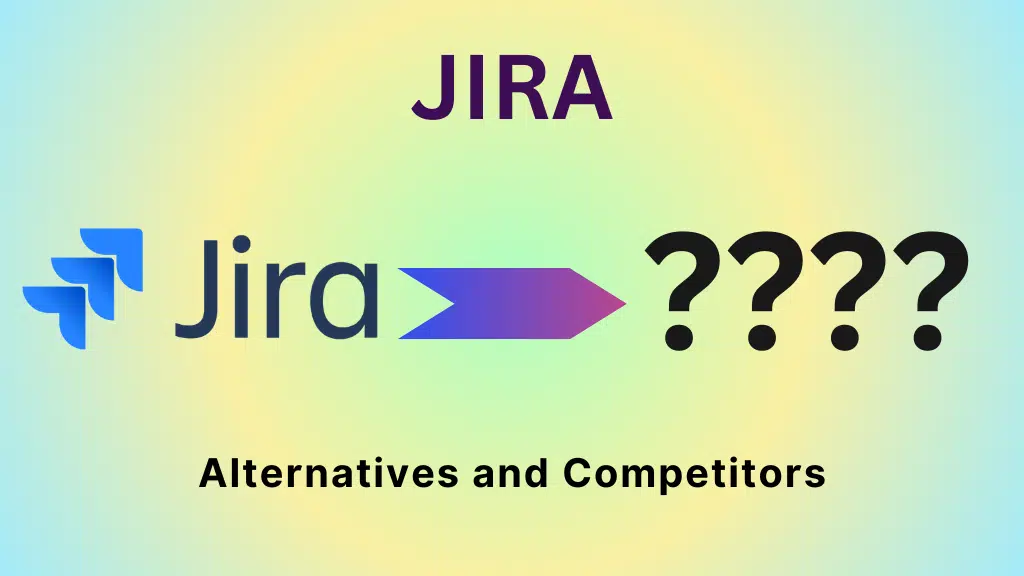
Looking for alternatives to Jira? Jira has been considered a staple for software development teams. However, its steep-learning curve and higher costs has led some to seek more adaptable and cost-effective alternatives.
In this blog, we explore why teams are considering Jira alternatives and highlight some of its key competitors. Each tool is evaluated based on its features, pricing, and suitability for project management.
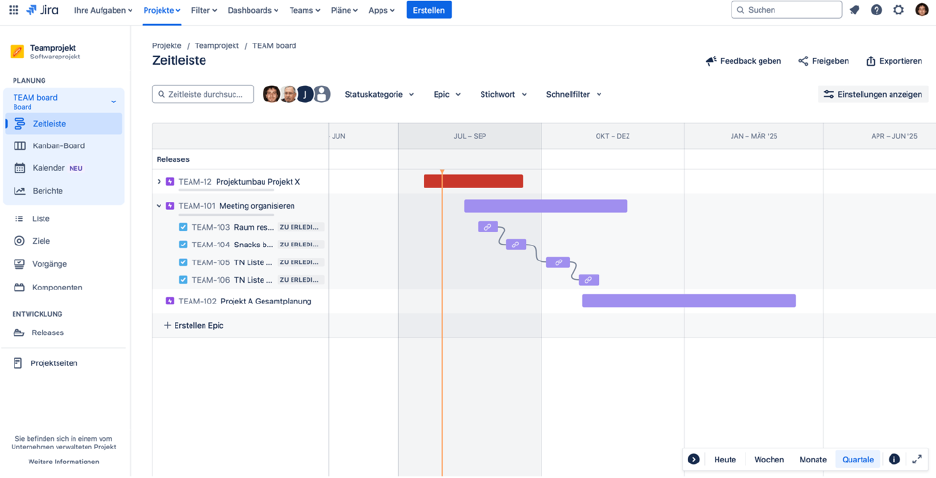
Jira by Atlassian is a robust tool widely adopted by software development teams. It’s well known for its support of agile methodologies, customizability, and effective issue tracking, making it essential for managing software development projects. However, it has limited coverage of the full DevOps lifecycle that doesn’t make it comprehensive and prompts organizations to explore alternatives.
Key Limitations of Jira:
When selecting the right tool for your team’s needs to replace Jira, focus on these key considerations:
Understand your team’s project management priorities like integration with the Microsoft ecosystem, DevOps capabilities, robust CI/CD features, or meeting compliance standards like HIPAA or ASPICE.
Consider both upfront costs and long-term investments, including licensing, training, and IT support. Prioritize tools that deliver a strong ROI with features like traceability matrices, robust document management, AI-driven requirements management.
3. Key Features to Prioritize
While Jira has many third-party applications available, their sheer number, variety, and sometimes overlap can make it confusing for all but the most well-managed teams. So, select a tool with native integrations to platforms like Azure DevOps and Microsoft Office, which are more secure and easy-to-use.
Ease of use and adaptability to non-agile methodologies like Waterfall are essential. A user-friendly interface reduces the learning curve and accelerates team adoption, especially when transitioning from legacy tools like Jama Connect or Jira.
Robust customer service and training resources, such as detailed guides, videos, and live tutorials, ensure a smooth transition and long-term success. Look for tools that rank highly for vendor support by industry reviewers like Software Reviews.
By focusing on these factors, tools like Modern Requirements4DevOps stand out as an alternative to Jira for its AI capabilities, traceability, native integrations, and ease of use.
When evaluating alternatives to Jira, it’s essential to consider tools that align with your team’s specific needs, especially those offering advanced AI capabilities, robust documentation features, baselining, exceptional customer service, and extensive support resources. Here’s a detailed comparison of some top alternatives:
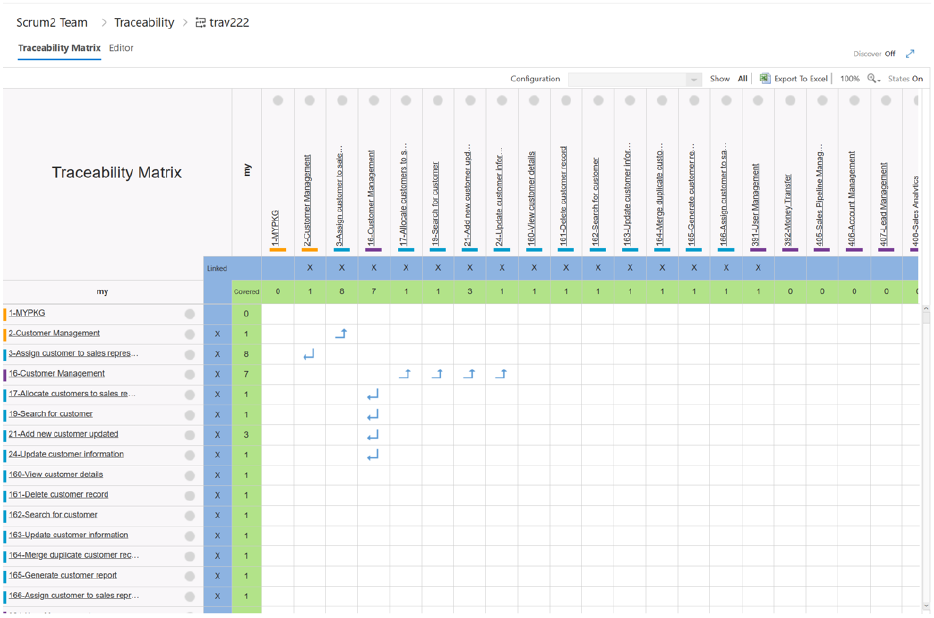
Overview: Azure DevOps is Microsoft’s suite of development tools to support the entire software development lifecycle. It offers comprehensive project management tools to match and exceed Jira’s offerings like Azure Boards for project tracking, Azure Repos for version control, Azure Pipelines for CI/CD, Azure Test Plans for testing, and Azure Artifacts for package management.
In a Reddit thread about switching from Azure DevOps to Jira, many users said they did the opposite and switched from Jira to Azure DevOps. One user said, “Azure DevOps is a lot more flexible and easy[sic] to use in my opinion compared to Jira. You can do so much more and won’t have be clicking around to find things.”
While Azure DevOps provides a unified, integrated environment that enhances collaboration, scalability, and efficiency, it misses out in certain areas like requirements management, baselining, traceability, documentation, and AI work item elicitation.
Enter Modern Requirements4DevOps, the only requirements management solution natively integrated into Azure DevOps. When combined with ADO, it becomes a unified project management and requirements management tool.
Key Features and Benefits:
Here’s how Modern Requirements4DevOps with Azure DevOps are a superior solution to Jira:
| Feature | Jira | Azure DevOps + Modern Requirements4DevOps |
|---|---|---|
| Boards | Offers Scrum and Kanban boards. | Customizable boards tailored to workflows. Modern Requirements also offers process templates like BABOK, Scrum MR, and more. |
| Customization | Flexible but complex setup. | Simplified customization of workflows and dashboards. Modern Requirements is natively integrated into the existing ADO workflow. |
| Reporting | Built-in reports and dashboards. | Advanced analytics with Power BI integration. Modern Requirements offers one-click report generation and exporting. |
| Integrations | Large but confusing marketplace for plugins. | Seamless Microsoft ecosystem integration. |
| Security | Strong compliance features. | Enterprise-grade security with Entra ID and multi-layered compliance. Copilot4DevOps inherits OpenAI and Azure OpenAI security features. |
| Requirements Mgmt. | Relies on third-party apps for requirements tracking. | Integrated requirements management tools like Smart Docs, baselining, traceability, etc., with Modern Requirements. |
| Test Management | No native testing tools; requires plugins. | Integrated test plans for manual, exploratory, and automated testing. Test case and test script generation with Copilot4DevOps. |
| AI Capabilities | Minimal AI features via plugins. | Copilot4DevOps for AI requirements management. Can generate Gantt charts for project management, among many other features. |
Software requirements form the backbone of development, dictating functionalities and performance standards critical for successful implementation. Effective requirements prevent misunderstandings, control project scope, and ensure the software meets business and user needs efficiently.
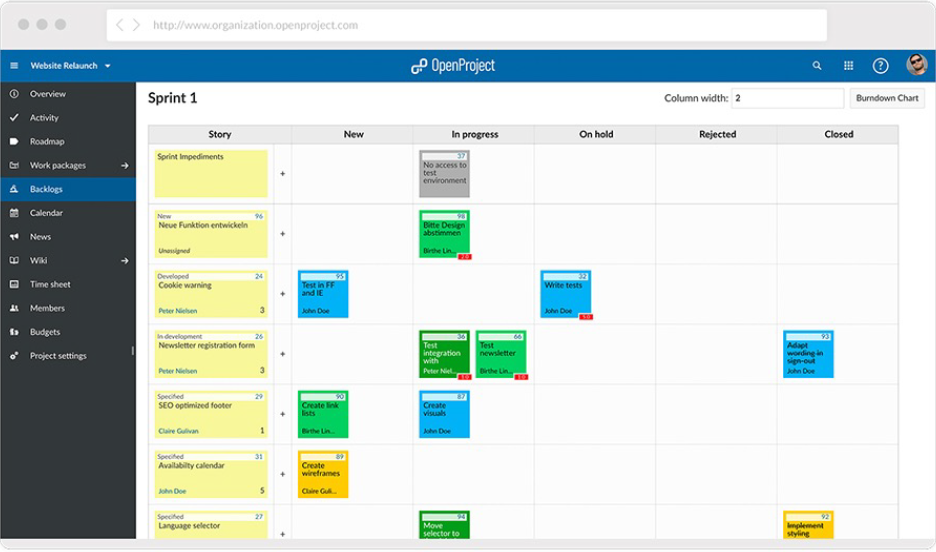
Overview: OpenProject is an open-source project management tool designed for collaborative project planning and tracking.
Key Features and Benefits:
It is suitable for smaller teams seeking an open-source solution with more traditional project management abilities. It also has a free version with community features. However, it lacks agile features, robust analytics, AI-driven features, robust traceability and a lot more.
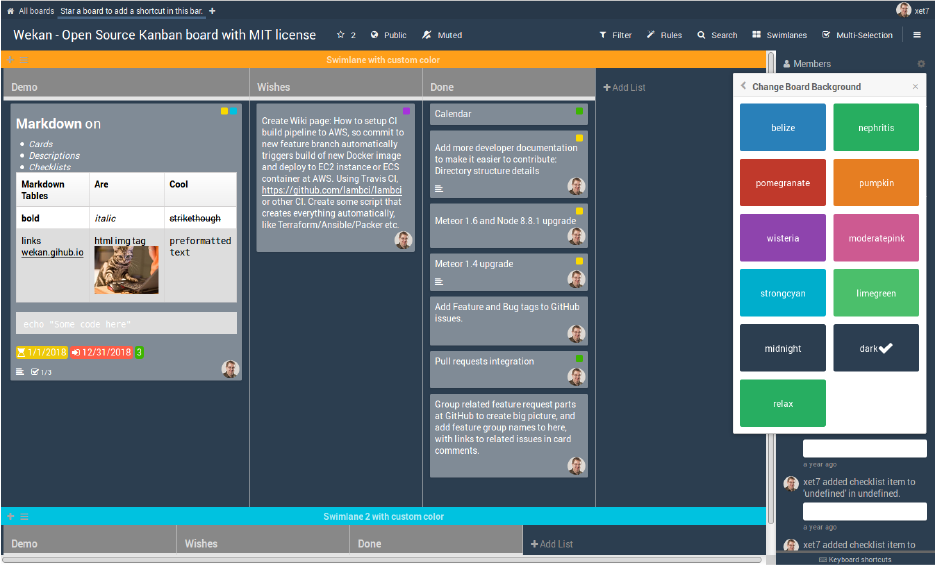
Overview: WeKan is an open-source kanban board application for visual task management.
Key Features and Benefits:
It is best suited for small teams or individuals seeking an open-source tool that is limited to Kanban.

Overview: Linear is a streamlined issue tracking and project management tool focused on product development.
Key Features and Benefits:
Ideal for software development teams seeking a fast and efficient issue tracking system. Its limitations include a lack of customization, basic reporting and analytics tools, and only a few integrations.
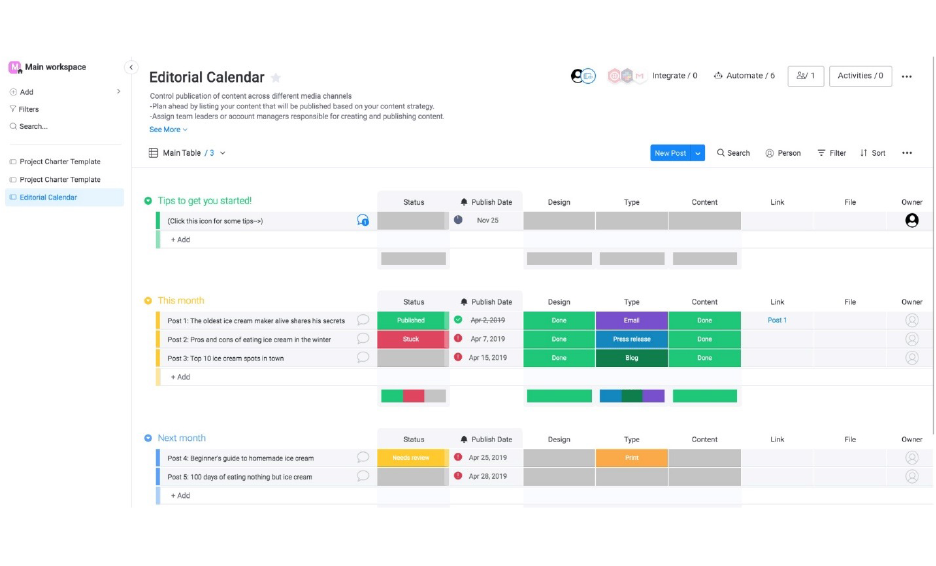
Monday.com is a work operating system enabling teams to build custom workflows and manage projects collaboratively.
Key Features and Benefits:
Ideal for teams seeking a highly customizable and visual project management tool. However, it has been noted for limited task filtering tools and a confusing pricing structure.
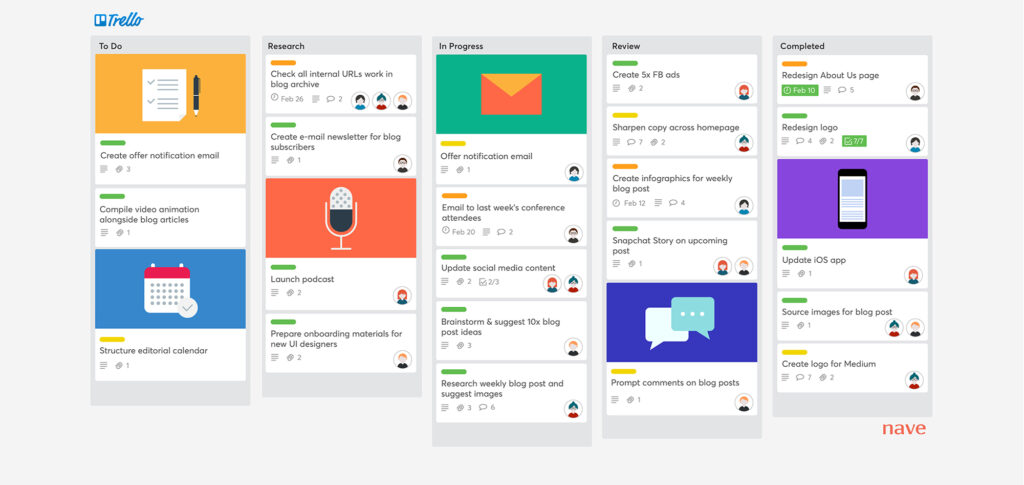
Trello is a lightweight tool with a Kanban board best suited for small teams and individuals. Its drag-and-drop interface allows for tasks and workflow management. It also allows for images in the tasks themselves.
Key Features and Benefits:
Trello is great for small teams or individuals seeking a straightforward tool for managing tasks and workflows. However, it lacks Modern Requirements’ scalability, advanced traceability and baselining tools, and Copilot4DevOps’ AI capabilities.
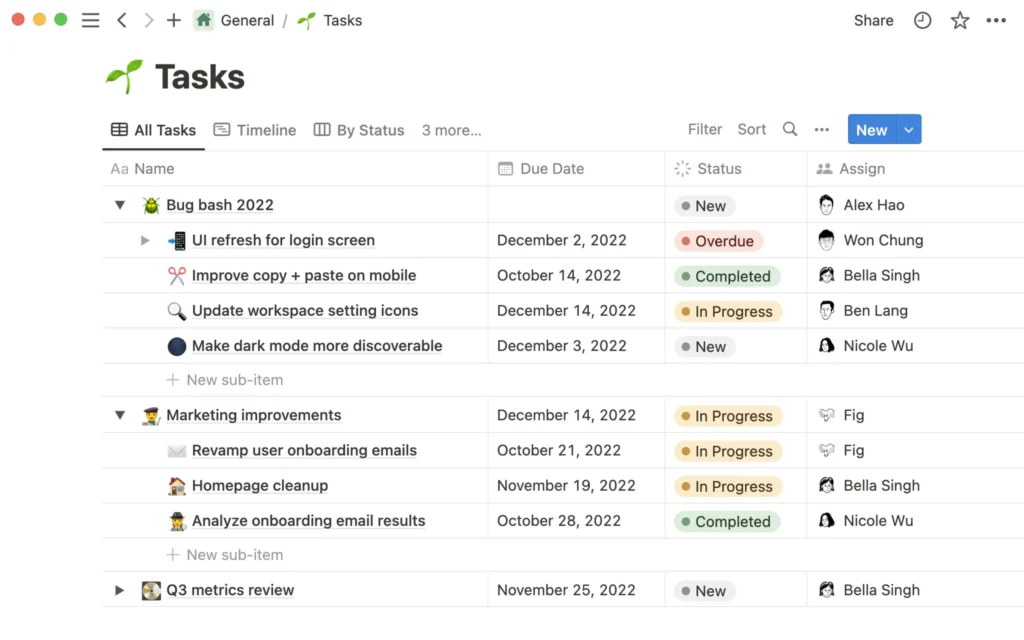
Notion gives teams a combination of project management, note-taking, and database management tools. As an alternative to Jira, it is well-known for its customizability.
Key Features and Benefits:
Notion is best suited for startups and creative teams with its customization capabilities. But it isn’t well suited to software development and lacks traceability, baselining, and AI DevOps tools. Modern Requirements and Azure DevOps together have many of Notion’s tools and many more features.
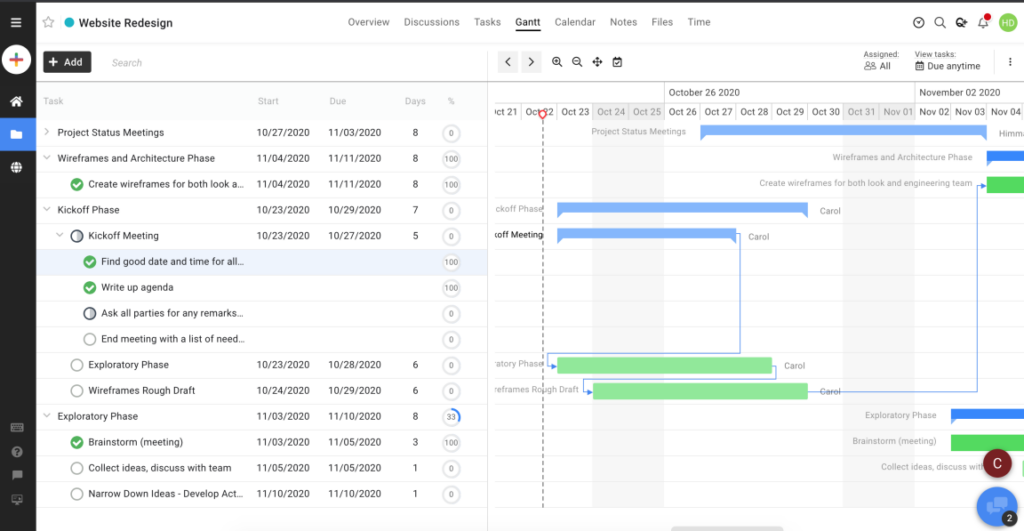
ProofHub is dedicated to team project management and collaboration. It is well suited for both agile and traditional methodologies.
Key Features and Benefits:
ProofHub is well suited to mid-sized teams that need a specialized project management and collaboration tool. However, it doesn’t provide the degree of flexibility and customizability preferred by large enterprise teams or requirements management tools.
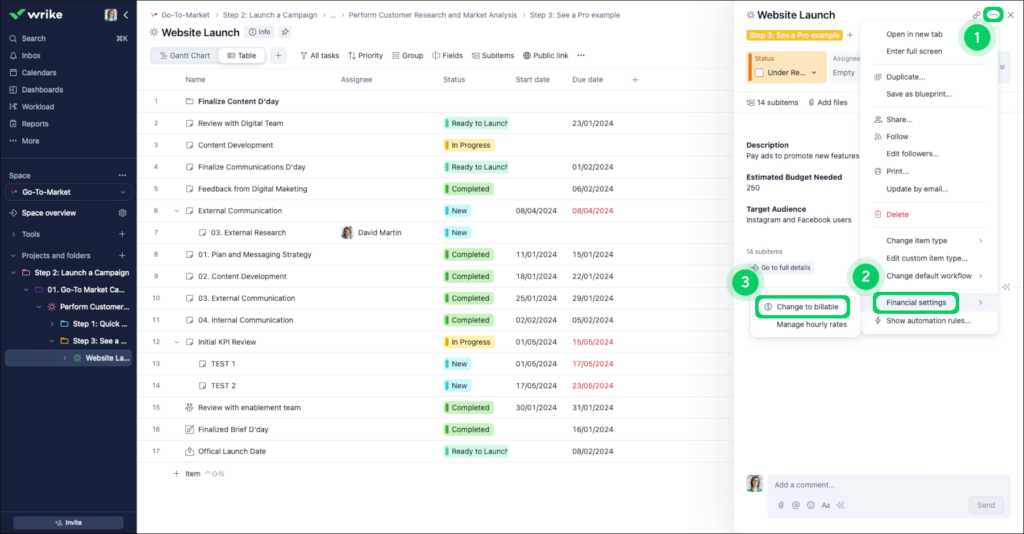
Wrike is a collaboration work management tool that indexes highly on task management and project tracking. It is often used by marketing and creative teams.
Key features and benefits:
Despite its benefits, it lacks seamless integration to Azure DevOps, limited traceability, an AI feature-set as rich as Copilot4DevOps, and issues with scalability for large enterprise teams.
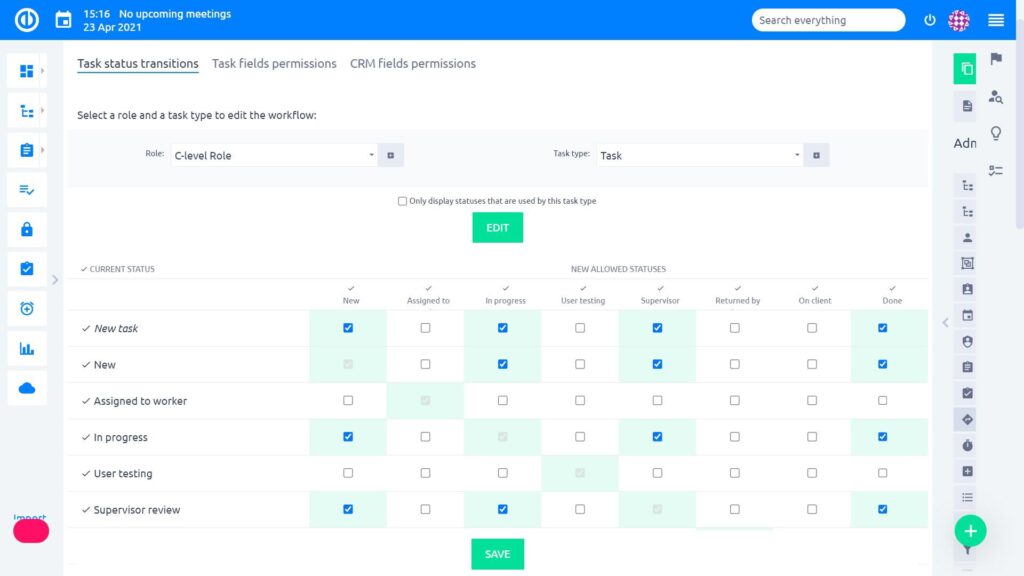
Redmine is designed for small teams and individual users. Its features include basic issue tracking and project planning features. It also offers Gantt charts for timeline visualization. It is an open-source project management tool
Key features and benefits:
Redmine best suited for small teams that want a cost-effective, straightforward, and open-source tool for project and task management. However, it lacks many features in more advanced tools like Modern Requirements4DevOps like advanced AI and Azure DevOps integration.
In summary, Modern Requirements4DevOps stands out for its seamless integration with Azure DevOps, advanced AI features, robust documentation, baselining capabilities, and exceptional customer support, making it a compelling alternative to Jira.
While Jira remains a powerful tool, exploring alternatives and competitors like Azure DevOps with Modern Requirements4DevOps offer distinct advantages. By using its advanced AI capabilities, seamless traceability, and robust documentation, it surpasses the abilities of Jira as a project management tool.
Azure DevOps with the Modern Requirements4DevOps plugin combines all of Jira’s standard features and adds advanced AI capabilities, seamless traceability, and robust documentation, making it a good replacement for Jira. Otherwise ClickUp, Trello, Proofhub, Asana, and more all have some features that offer alternatives to Jira.
Azure DevOps with Modern Requirements4DevOps surpasses Jira with advanced AI, seamless traceability, and robust documentation.
Azure DevOps with Modern Requirements4DevOps, OpenProject, WeKan, Linear, ClickUp, and Monday.com
✅ Define, manage, and trace requirements within Azure DevOps
✅ Collaborate seamlessly across regulated teams
✅ Get started for FREE—no credit card required
Learn to build a fully functional, secure project management app...
Learn more about what a requirements management plan is and...
Learn to build a fully functional, secure project management app...